The World Health Organisation (WHO) declared an end to the public health emergency due to the COVID-19 pandemic in May 2023, however to date, the risk of new outbreaks of infection still remains latent. WHO said that COVID-19 still claims the lives of about 1,700 people worldwide each week. WHO Director-General Tedros Adhanom Ghebreyesus pointed out that the rate of COVID-19 vaccination is decreasing in the two highest-risk groups: health workers and people over 60 years old. WHO recommends that people in the highest-risk groups should get vaccinated against COVID-19 within 12 months of their last dose.
The COVID-19 pandemic devastated the world economy and exposed the weaknesses of the global health system. Long Covid syndrome continues to negatively impact the physical and mental health of many patients. The report "Post-Pandemic Generation” by the Italian think tank Censis and the National Youth Council said that nearly half of young people in Italy fell into a state of anxiety and depression after the COVID-19 pandemic. WHO called on governments to continue monitoring and ensuring people’s accessibility to reliable and affordable COVID-19 testing, treatment and vaccines.
Gaps in current vaccine coverage raise concerns about the possible outbreak of COVID-19 and many other dangerous diseases. According to data released by WHO and the United Nations Children’s Fund (UNICEF), in 2023, only 84% of children worldwide received the three doses of the diphtheria, tetanus and pertussis (DTP) vaccine. As many as 6.5 million children did not complete the third dose of DTP needed for early-life protection. Compared to 2022, vaccination rates against these diseases had barely improved, and even regressed from the 2019 level of around 86%. This reflects a deviation from the target of 90% vaccination coverage for children and adolescents against these diseases under the Global Immunization Programme to 2030.
One of the reasons for the stagnation in vaccine coverage is the psychology of hesitancy about vaccines. The Australian government has just announced that the number of people vaccinated against influenza in Australia is about 540,000 fewer than the same time in 2023. Australia’s National Centre for Immunisation Research and Surveillance (NCIRS) said that the main reason people do not get vaccinated against influenza is because they think the flu is not serious, or that the vaccine is not effective. In the context of struggling with the cost-of-living crisis, people also want to cut back on expenses that they consider unnecessary.
The risk of disease outbreaks is still lurking, but it is worth noting that, after many negotiations, a global agreement on responding to future pandemics wasn’t completed by May 2024 as expected by WHO. While countries continue to be deeply divided on issues such as vaccines, drugs sharing, and intellectual property rights, WHO still aims to complete this agreement by 2025, or sooner if possible. This is the time for all parties to make efforts to take advantage of the time to find a balanced solution and move towards an agreement.
Climate change is becoming more and more serious, causing major changes to the living environment of humans, animals, and microorganisms, creating conditions for the emergence and spread of many new pathogens. Lessons from the past show that the world cannot be subjective in the face of health risks and must be ready with a response plan, including promoting vaccination and soon reaching a fundamental global agreement to jointly respond to pandemics.
Source: NDO



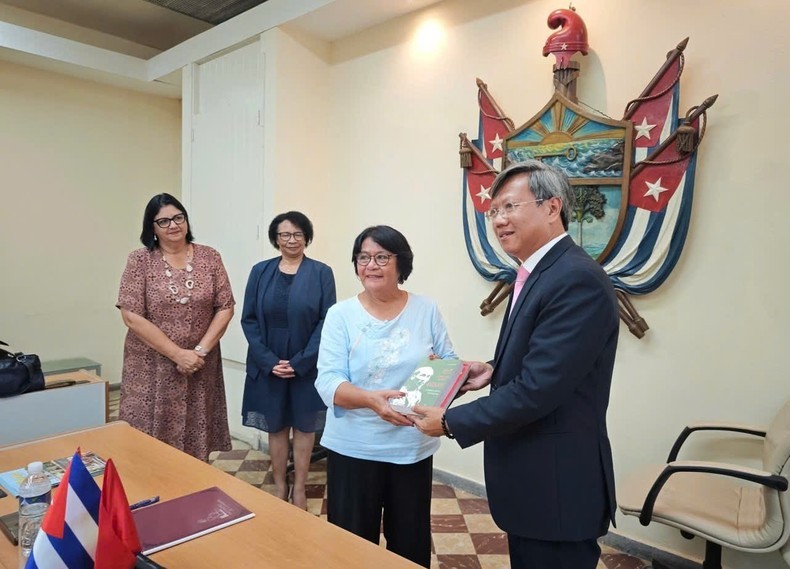

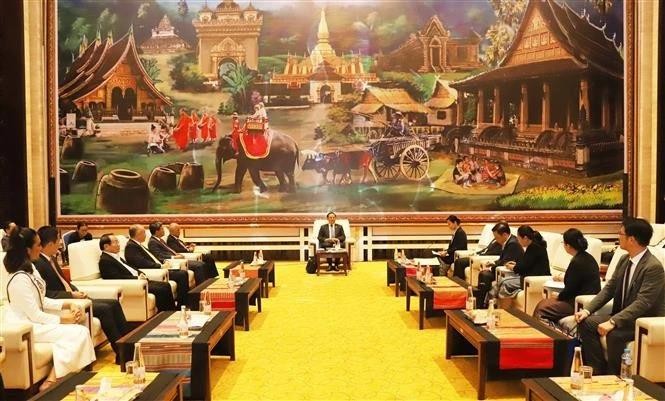

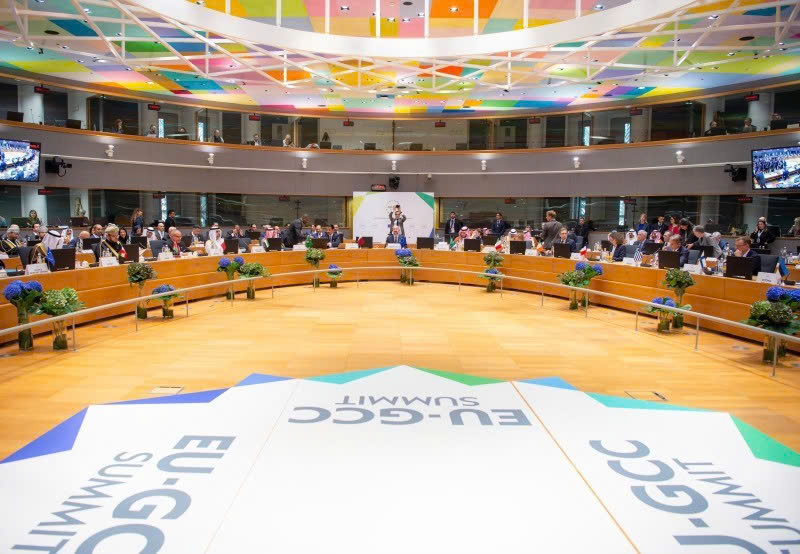
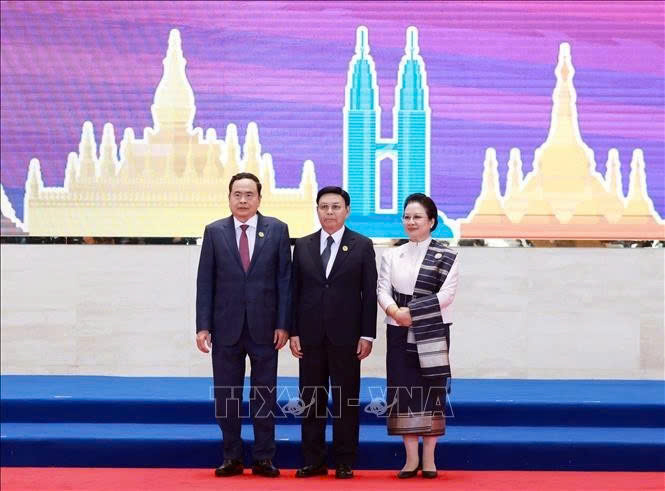
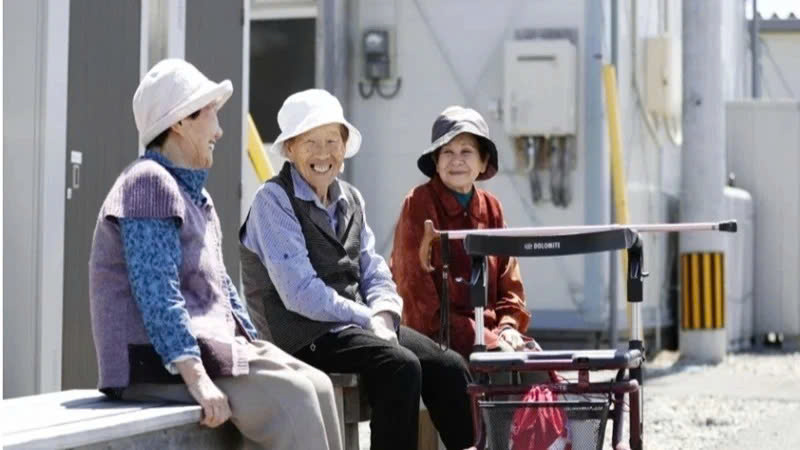

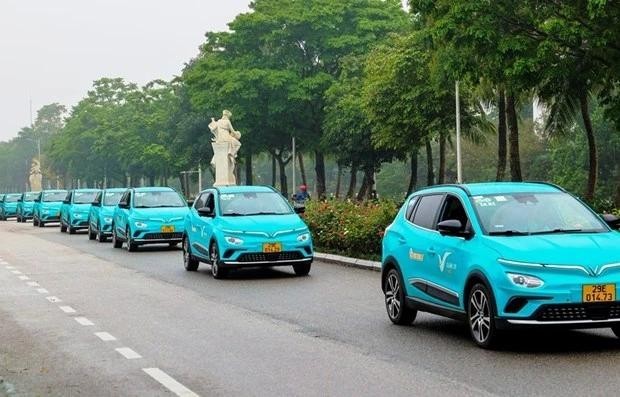
.jpg)
